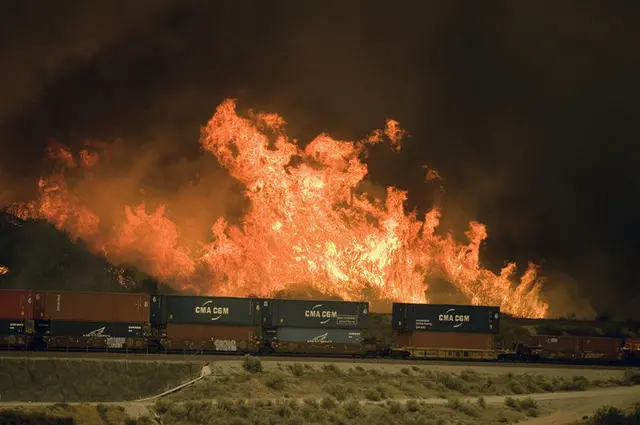As China recovers from the shadow of Shanghai's deadly New Year Eve stampede, a series of large-scale events have been canceled recently, provoking questions of the proper response to such tragedy.
Last week, Shanghai canceled the Lantern Festival light show at Yuyuan Garden in downtown area with the purpose of avoiding large gathering and ensuring public safety. At the same time, local media reported that such activities will also be canceled at the city's Guyi Garden and Fangta Garden.
The organizing committee for Shanghai Automotive Exhibition announced last week female models in revealing dresses may be banned from this year's show. This move has been interpreted by some observers as a way to reduce the number of visitors and avoid safety concerns.
In Zhengzhou, capital of central China's Henan Province, a pop singer's concert, which was due to be held this Saturday, was canceled last Friday. The organizers said the cancellation was made after the local public security department raised safety standards for large-scale events under the influence of the Shanghai stampede.
It is understandable local authorities want to make such decisions in fear of any repetition of the tragedy. However, although avoidance may help prevent such incidents from happening in the short run, it by no means is the ultimate cure for a safety crisis.
If the local governments are taking the cancellation as a short-term strategy to gain enough time to reflect on and mend the safety loopholes of the public places, the move is tolerable.
What we should worry about is the possibility local authorities taking cancellation as a cure-all without pondering how to improve safety in the long run. If the cancellations are made in this view, what the local governments have demonstrated is a lack of confidence and lazy governance, since no mistake can be made if nothing is done.
Worse still, it could be seen as a shift of responsibility for the authorities to ensure safety by means of depriving the public of their right to enjoy festivities.
Take the Lantern Festival for example. The light show at the Yuyuan Garden, which has been held for 20 consecutive years, has already been taken by many residents as an important part of their New Year celebration. It should be an obligation for the city's managers to provide the residents with the chance to enjoy such activities and ensure their safety during the events.
Many expect the light show will not be permanently canceled and the local government is ordering the cancellation to gain enough time to improve governance and prepare for a safer light show next year.
Cancellation is, of course, not the ultimate answer for safety concerns. It is of greater significance for local governments to reflect on crowd management and control, seek ways to improve emergency response in large-scale events and make more adequate preparation for such occasions.
Rather than being warned to stay away from large crowds, the public should be educated to be more aware of safety issues and be better behaved in large gatherings.
As the most populous country in the world, it is of primary importance for China to develop mature risk prevention and management for public gatherings, which also conforms to the country's goal to achieve the fifth modernization.
The fifth modernization, raised during the Third Plenary Session of the 18th CPC Central Committee in 2013, stresses the improvement of the country's governance system and capability.
Hopefully in the future, large-scale events will be taken by the local governments as golden opportunities to show their improved crowd management ability.
 简体中文
简体中文

